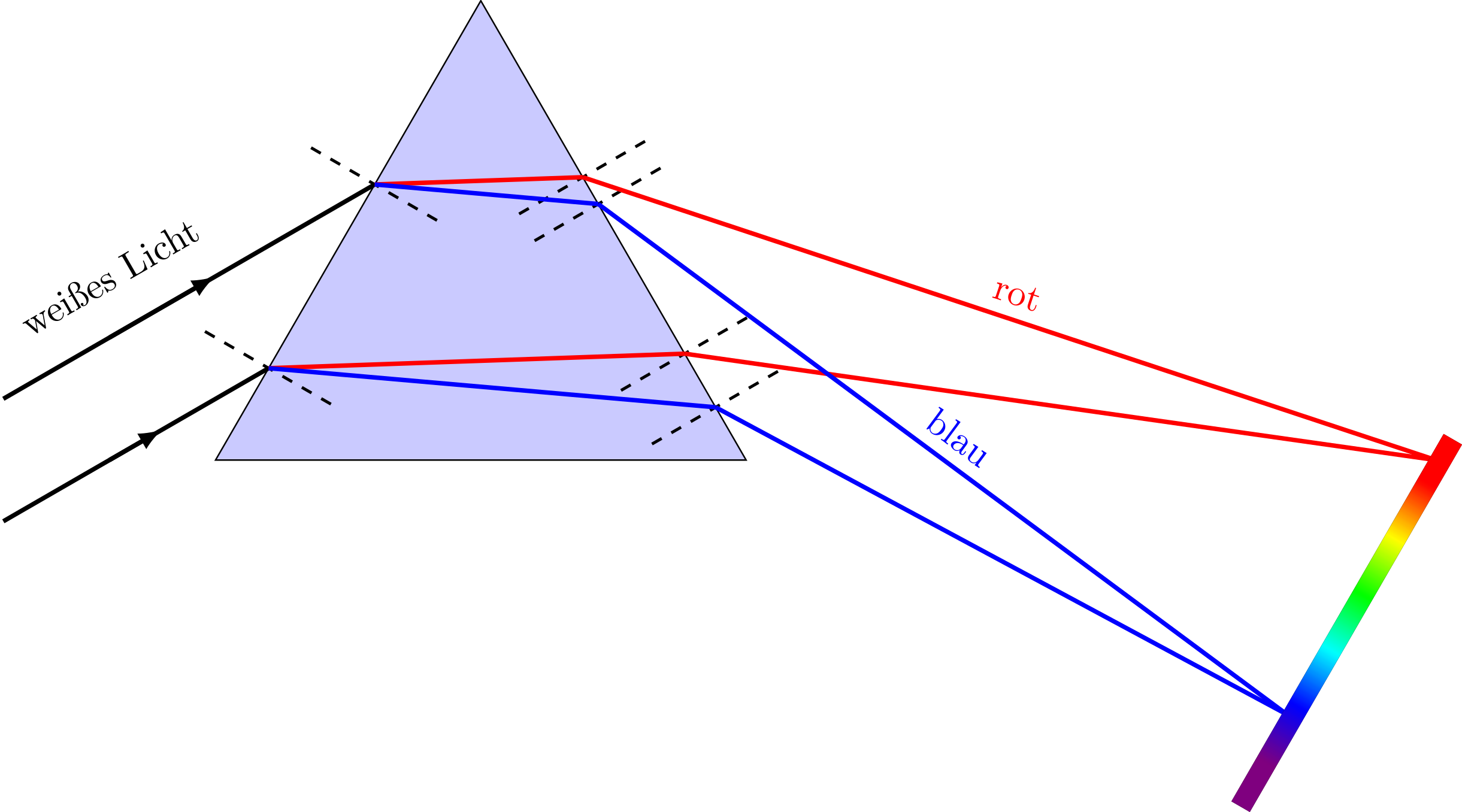Contents

Source: Wikipedia
<>
Laser Technology: A Comprehensive Overview
Introduction to Laser Technology
Laser technology has revolutionized various industries, from healthcare to telecommunications. Understanding the fundamental principles of lasers is crucial for harnessing their potential in different applications.
Key Concepts in Laser Technology
Laser Operation
Laser stands for Light Amplification by Stimulated Emission of Radiation. It operates by emitting a concentrated beam of coherent light through a process of stimulated emission.
Types of Lasers
There are various types of lasers, including gas lasers, solid-state lasers, and semiconductor lasers. Each type has unique characteristics and is suitable for specific applications.
Applications of Lasers
Laser technology is used in diverse applications such as laser cutting, laser welding, medical procedures, telecommunications, and research.
Advanced Laser Techniques
Mode-Locked Lasers
Mode-locked lasers are capable of generating ultrashort pulses with high stability. These lasers are essential in fields such as ultrafast spectroscopy and micromachining.
Frequency Combs
Frequency combs are laser sources with evenly spaced spectral lines. They are used in precision spectroscopy, optical clocks, and telecommunications.
Optical Fiber Technology
Optical fibers play a crucial role in transmitting laser light over long distances with minimal loss. Understanding fiber optics is essential in telecommunications and medical imaging.
Optimizing Laser Performance
Laser Beam Control
Techniques such as polarization control, wavelength tuning, and beam focusing are employed to optimize laser performance for specific applications.
Pulse Compression
Pulse compression techniques are used to shorten laser pulses, enabling high peak powers required for applications like laser micromachining and nonlinear optics.
Light Modulation
Modulating the intensity or phase of light beams is crucial in applications such as telecommunications, laser ranging, and optical signal processing.
Conclusion
As laser technology continues to advance, its impact on various industries is profound. By understanding the principles and applications of lasers, researchers and engineers can unlock new possibilities in science and technology.

Source: KIT
Feel free to comment your thoughts.



